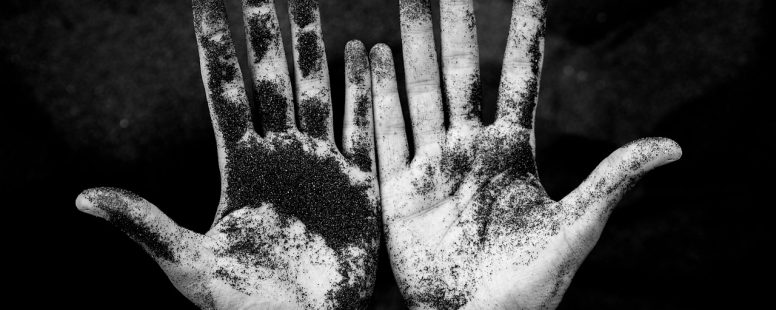Iran’s Revolutionary Guard versus the Trump administration
Dr Massoumeh Torfeh, Research Associate at the Centre for Global Media and Communications, explores the fading chances of rescuing the nuclear deal between Iran and the US in a new article for RT Link to article




